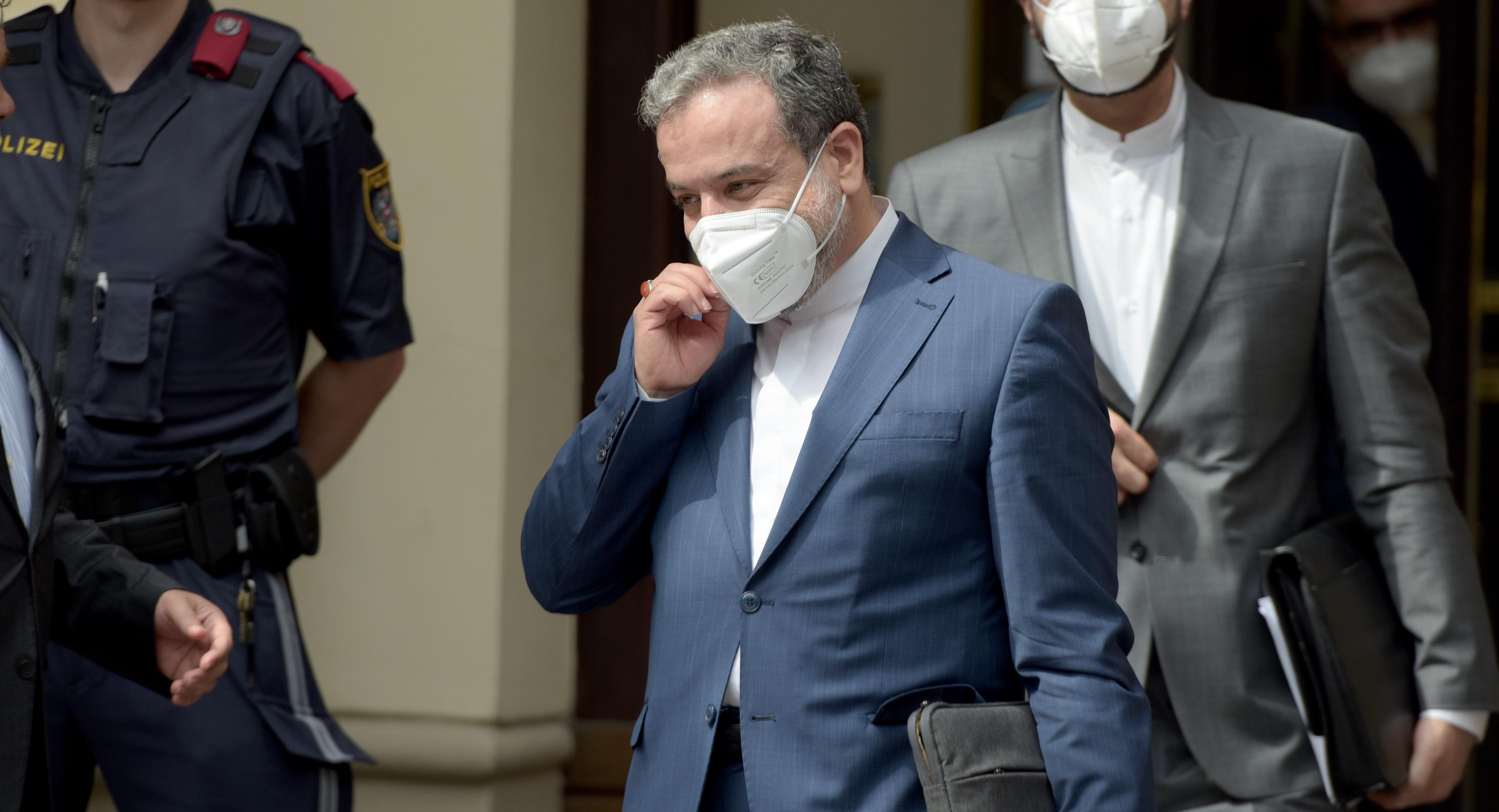WASHINGTON, Oct. 26 (Xinhua) -- US National Security Adviser Sullivan said on the 26th that the Us side believes that the Iranian nuclear issue still has the opportunity to be resolved through diplomatic channels, but the window for negotiations is not "unlimited."
Sullivan said at a White House press conference on the same day that the United States is paying close attention to the progress of Iran's nuclear program, and the top priority of the United States is to restart the Iranian nuclear negotiations and return to the comprehensive agreement on the Iranian nuclear issue. US President Joe Biden will discuss the Iranian nuclear issue with European leaders during the G20 summit held in Rome at the end of this month and form a "united front" on Iran policy.
Sullivan said the message the U.S. would send to Iran was that the window for negotiations was not "unlimited." The U.S. side needs to see diplomatic negotiations resume and make progress, while retaining other policy options to be used to address the Iranian nuclear issue if necessary. He said that the US side believes that the Iranian nuclear issue still has the opportunity to be resolved through diplomatic channels.

On June 20, in Vienna, Austria, Iran's chief negotiator and deputy minister for foreign affairs, Abbas Araghi, left after attending a meeting at the level of director general of the Joint Commission on the JCPOA. (Photo by Xinhua reporter Guo Chen)
Robert Marley, the US special envoy for Iran, told the media on the 25th that the efforts to resume the implementation of the Iranian nuclear agreement are in a "critical stage" and the negotiation window will not be open forever. He said it was a question of technology, not time, because Iran's progress on the nuclear program would not be irreversible at some point.
Iranian Deputy Foreign Minister Bagheri said on the 25th that Iran is determined to continue to participate in the Iranian nuclear negotiations, but the negotiations should "comprehensively and effectively" lift the illegal sanctions against Iran. The U.S. policy of maximum pressure on Iran will not help remove obstacles to negotiations, but will make negotiations more complicated.
In July 2015, Iran reached a nuclear deal with the United States, the United Kingdom, France, Russia, China and Germany. In May 2018, the US government unilaterally withdrew from the Iranian nuclear agreement, and then restarted and added a series of sanctions against Iran. Since May 2019, Iran has gradually suspended the implementation of some of the terms of the JCPOA, but promised that the measures taken were "reversible".
The talks between the parties to the Iranian nuclear agreement began in Vienna, the capital of Austria, in April this year to discuss the resumption of implementation by the United States and Iran, and have been held for six rounds so far. Due to the serious differences between the United States and Iran and the change of leadership of the Iranian government, the new round of talks has not been held.